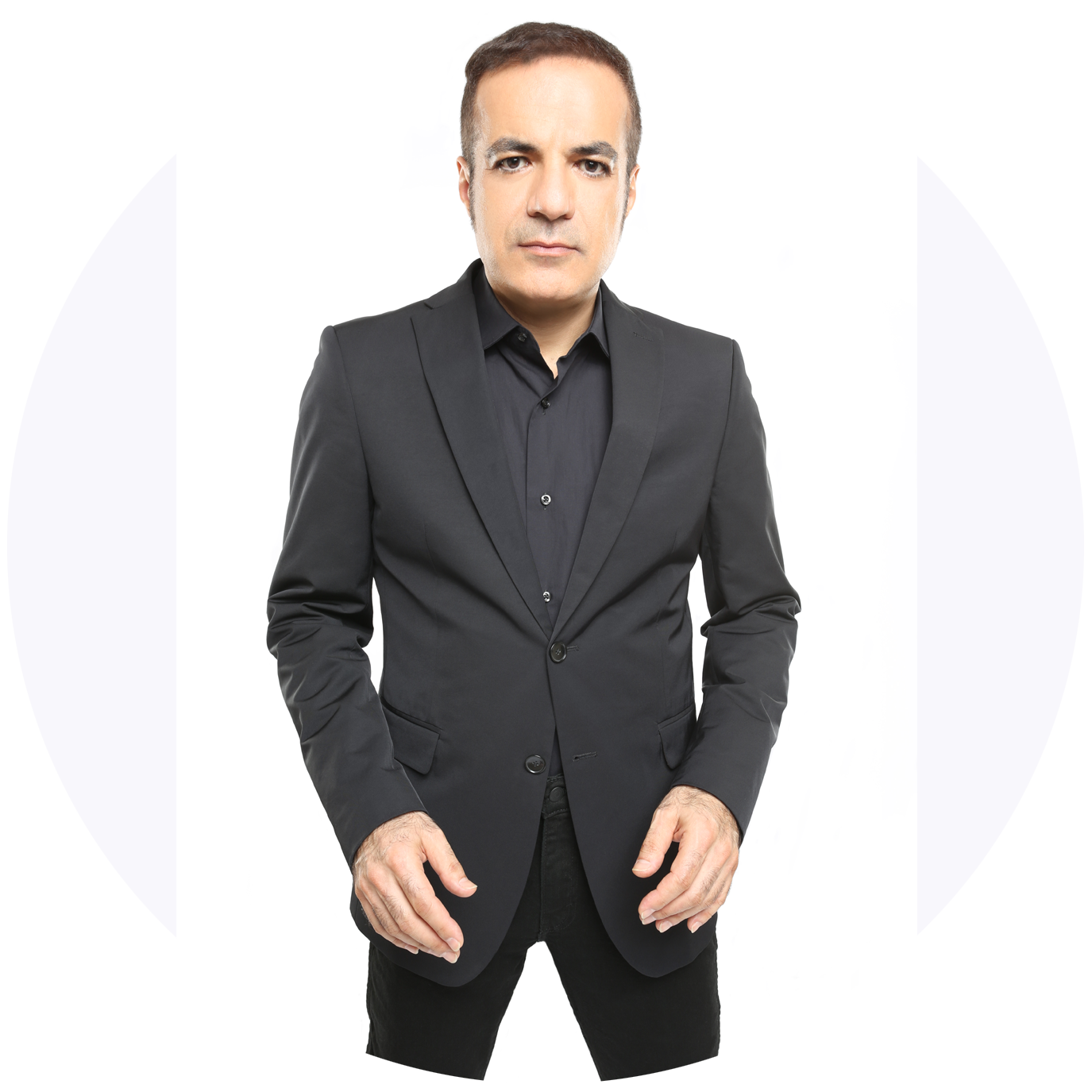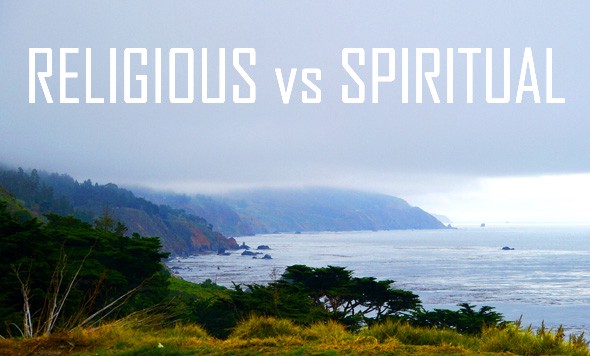What is the difference between being religious versus spiritual? That is the most commonly asked question by people who are spiritually curious.
BEING RELIGIOUS
Being religious means belonging to an established religious order, whether large or small. This includes religions with billions of followings such a Christianity, Hinduism and Buddhism. And those with much smaller group of followers such as Bahaism, Zoroastrianism and Judaism.
However, most mystical sects are also religious, as they worship the same deities and bow to the same prophets and icons as their base religion. For example there is no Hindu mystical tradition as a standalone expression from the massive Hinduism religion, because those smaller sects continue to worship the same Gods, such as Krishna or Shiva as the rest of the Hindus, the only difference is that they typically add one more icon who happens to be their sect leader, but at their core they are just Hindus.
The same is true with Sufis. Sufis are only a sub-sect of Islam and they worship the same God and icons as their much larger religion.
In short if you bow to or recognize a deity or a God, being in the form of a stone, a picture or a statue or whether you choose to bow to an invisible God, you are not spiritual, you are religious. All yoga groups today in the West, as long as they worship the Hindu Gods are religious and belong to Hinduism and certainly not spiritual.
BEING SPIRITUAL
Spirituality is when you have elevated yourself from that of a slaved mind to an empowered mind. When you are transformed from one who begs through life to one who is self-reliant. Spiritual people have discovered there is only one true power and that is inside them and it doesn’t come from an old man with a beard pointing a figure.
A spiritual person knows that a simple concept that may have been acceptable to primitive homosepians of hundreds or thousands of years ago, has zero relevancy to today’s sophisticated and much more elevated humans.
Spiritual person knows that there is only one truth and they are in fact in charge of their own evolution and destiny. They also know that nothing is “written” and all our futures are shaped by our desires and the power of our minds.
TEST YOUR BELIEF SYSTEM
It’s very easy to discover if you are religious or spiritual.
1. Do you worship any type of a deity or a God or a sect leader? This includes popular yoga gods such as Ganesh or Rama and so called gurus or masters. Then you are religious.
2. Do you believe in the power of your own self and that you are in charge of your destiny? In this case you are spiritual.
RUMI ON SPIRITUALITY
My mentor Rumi knew the power of the self and encouraged being self-reliant 800 years ago. Now that’s a futurist as Rumi was clearly a thousands years ahead of the rest of the planet.
I’ll leave you with an inspiration from Rumi (from one of my translations).
“A true Lover doesn’t follow any one religion, be sure of that. Since in the religion of Love, there is no irreverence or faith.”
Originally published at medium.com


